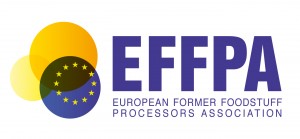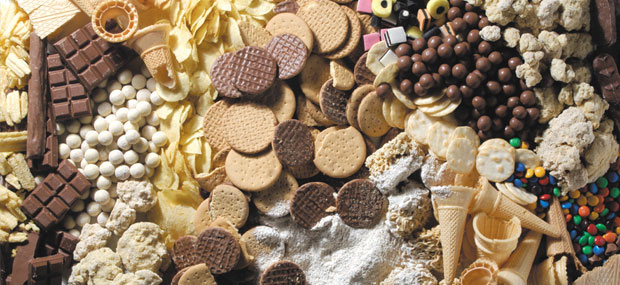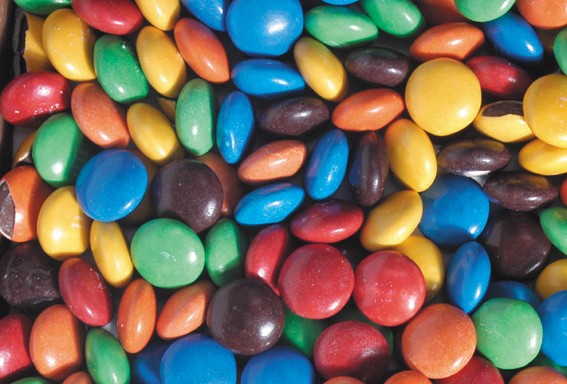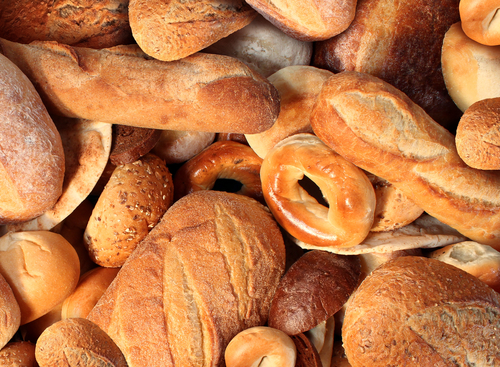According to the EU Catalogue of Feed Materials (Regulation (EU) No 2017/1017) former foodstuffs are:
foodstuffs, other than catering reflux, which were manufactured for human consumption in full compliance with the EU food law but which are no longer intended for human consumption for practical or logistical reasons or due to problems of manufacturing or packaging defects or other defects and which do not present any health risks when used as feed.
At food manufacturing level there are always unintentional and unavoidable food losses which prevent foodstuffs from reaching the human consumption market. A broken biscuit or an incorrectly shaped loaf of bread may have lost its value on the human consumption market because they don’t meet the commercial food standards, thereby literally making them “former foodstuffs”, they however still retain a significant nutritional value for animal feed purposes. Former foodstuff processors typically use biscuits, bread, breakfast cereals, chocolate bars, pasta, savoury snacks and sweets, because of their high energy content in the form of sugars, oils and starch. There can be many different reasons why a food manufacturer considers a foodstuff unsuitable for the human consumption market, including:
- production errors leading to damaged or intermediate products
- production errors leading to incorrect shaping, colouring, flavouring or labelling of products
- surpluses resulting from seasonal festivities and sports events (Christmas, Easter, Valentine’s Day, World Cup Football)
- expiration of internal sell-by date
- surpluses caused by logistical challenges of daily delivery
- surpluses caused by termination of a food product line
With respect to the highest possible valorisation of food losses at factory level, EFFPA fully supports the responsibility of food producers to consider the donation of foodstuffs to people in need first. It needs to be clear that former foodstuffs, as long they serve a purpose in animal feed, should not be considered or labelled a waste material at any stage of the supply chain. The Feed Materials Catalogue therefore also specifically stipulates that former foodstuffs are inherently different from catering waste, whose use in animal feed is prohibited in the EU. As for animal by-products, only former foodstuffs containing or deriving from milk, eggs, honey and porcine gelatine are allowed.



